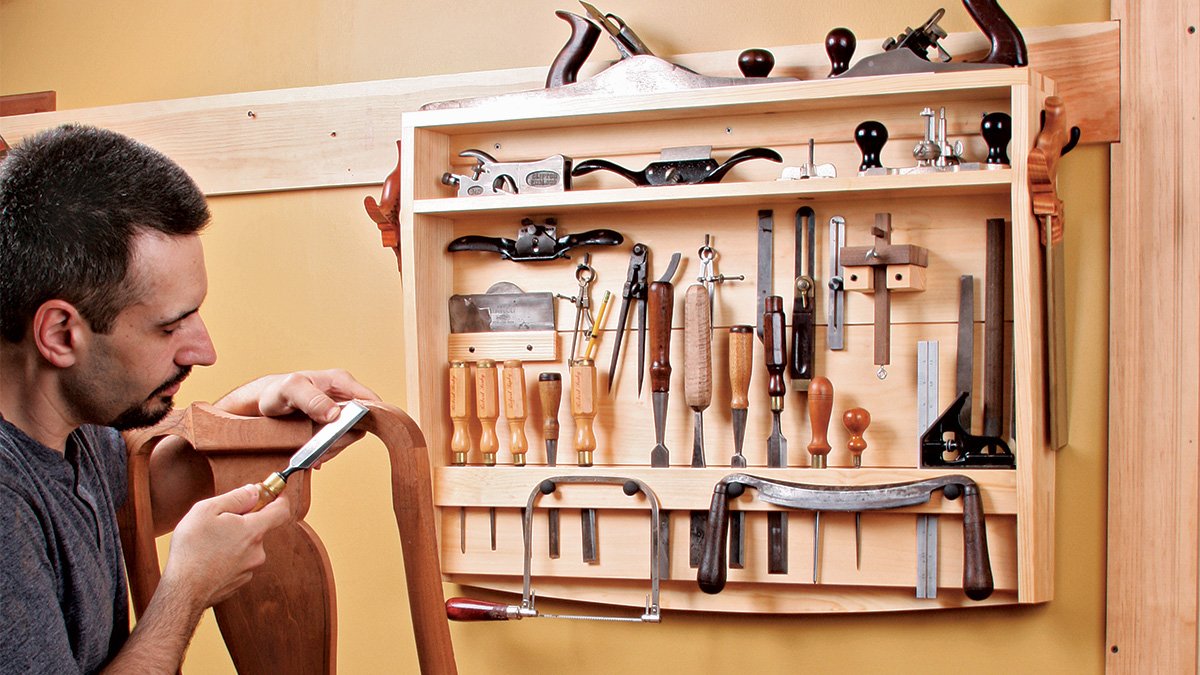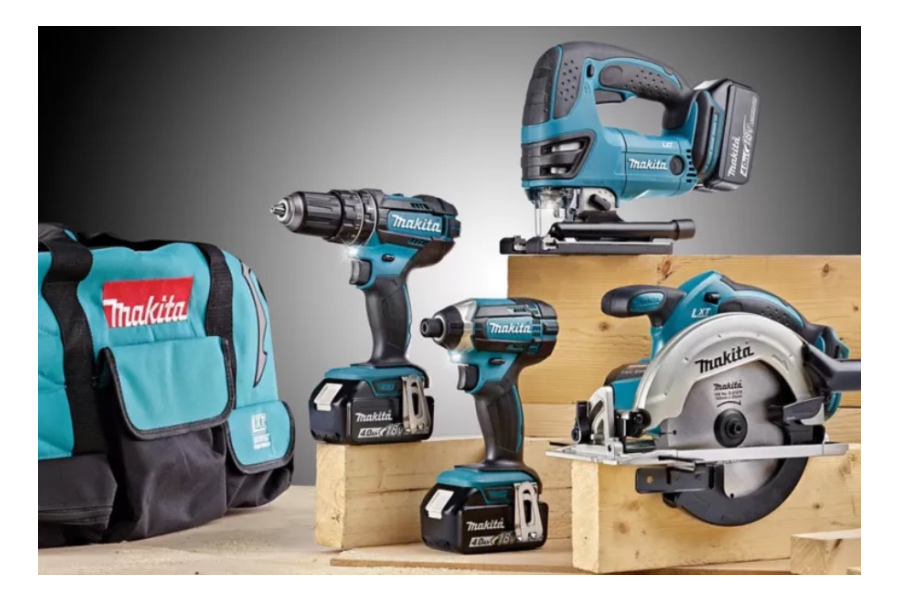Whether you’re a professional tradesperson or a DIY enthusiast, having the right tools for the job can make all the difference in the world. With countless options available on the market, it can be overwhelming to determine which tools are essential for your toolbox. In this comprehensive guide, we’ll explore the must-have tools for various tasks and provide valuable insights to help you make informed decisions.
Essential Hand Tools

Hand tools are the backbone of any toolbox, offering versatility and reliability for a wide range of tasks. Here are some essential hand tools that every toolbox should contain:
- Screwdriver Set: A set of screwdrivers with various tip sizes and types is indispensable for tasks involving screws and fasteners.
- Adjustable Wrench: An adjustable wrench allows you to tighten or loosen nuts and bolts of different sizes with ease.
- Hammer: A quality hammer is essential for driving nails, shaping metal, and various other applications.
- Pliers: A set of pliers, including combination pliers, needle-nose pliers, and locking pliers, is invaluable for gripping, bending, and cutting wires and materials.
- Tape Measure: Accurate measurements are critical in many projects, making a reliable tape measure a must-have tool in any toolbox.
Power Tools for Efficiency

Power tools offer increased efficiency and productivity, allowing you to tackle tasks more quickly and effectively. Here are some essential power tools to consider adding to your toolbox:
- Drill: A power drill is a versatile tool for drilling holes and driving screws, making it indispensable for a wide range of projects.
- Circular Saw: Ideal for cutting wood and other materials with precision, a circular saw is essential for woodworking and construction projects.
- Jigsaw: A jigsaw is perfect for making curved cuts and intricate shapes in wood, plastic, and metal.
- Impact Driver: An impact driver delivers high torque for driving screws and fasteners quickly and efficiently, making it a valuable addition to any toolbox.
- Rotary Tool: A rotary tool, such as a Dremel, is versatile and can be used for cutting, grinding, sanding, and polishing a variety of materials.
Specialized Tools for Specific Tasks
In addition to essential hand and power tools, there are specialized tools designed for specific tasks and applications. While not every toolbox will require these tools, they can be invaluable for certain projects:
- Pipe Wrench: Essential for plumbing tasks, a pipe wrench is designed to grip and turn pipes and fittings securely.
- Trowel: A trowel is essential for spreading and smoothing mortar, plaster, and other materials during masonry and plastering work.
- Wire Stripper: Perfect for electricians and DIY enthusiasts working with electrical wiring, a wire stripper safely removes insulation from wires.
- Stud Finder: A stud finder helps locate wall studs behind drywall, ensuring secure and accurate installation of shelves, cabinets, and other fixtures.
- Paint Sprayer: Ideal for large painting projects, a paint sprayer offers quick and even coverage, saving time and effort compared to traditional brush and roller methods.
Conclusion
Building a well-equipped toolbox requires careful consideration of the tasks you’re likely to encounter and the tools needed to complete them efficiently. By investing in high-quality hand tools, power tools, and specialized equipment, you’ll be prepared to tackle any project with confidence and precision. Whether you’re a professional tradesperson or a DIY enthusiast, having the right tools at your disposal is essential for success.














